

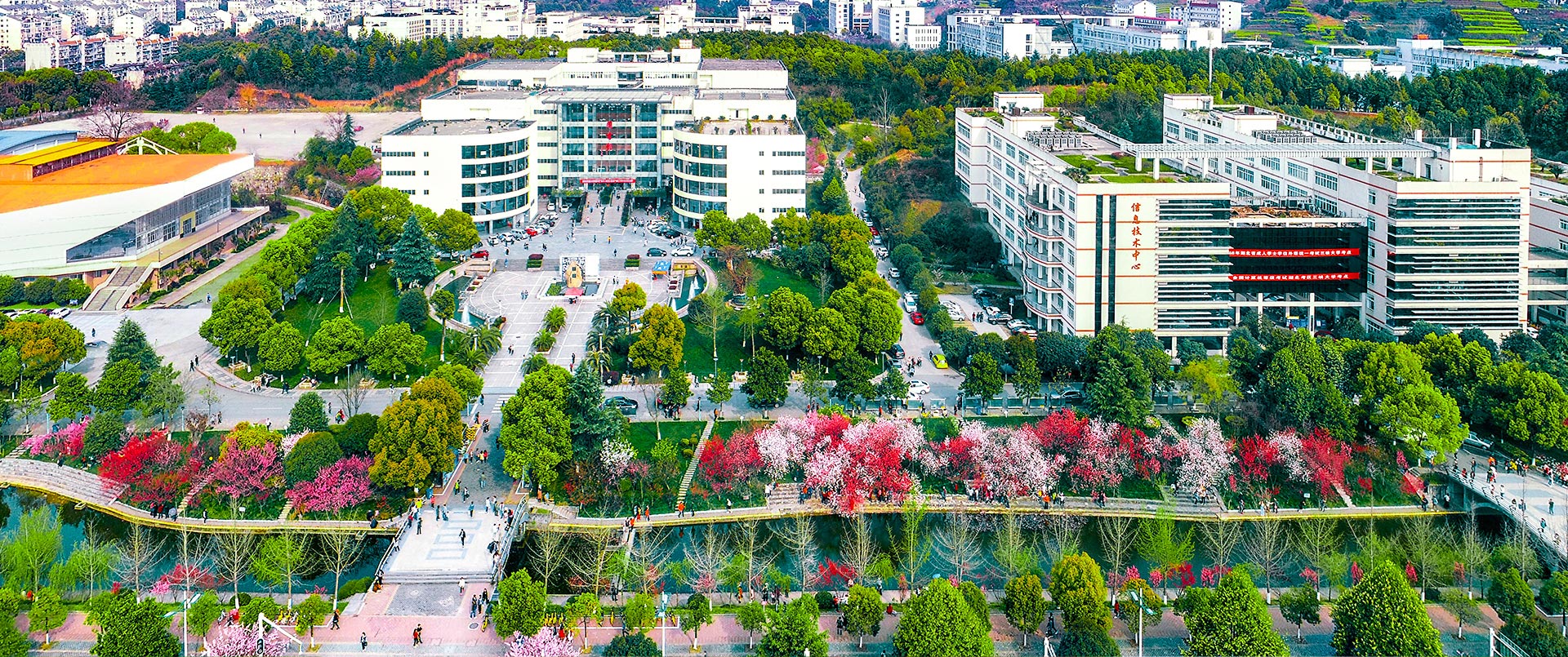
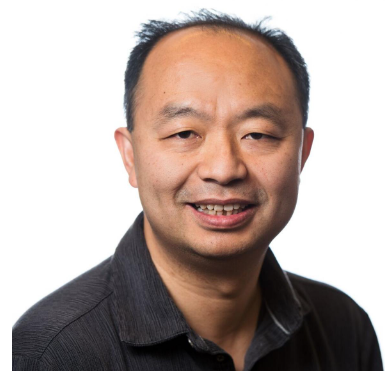
Daniel Deng
Title: Advancements in Sensor Technology for Assessing Hydropower Structures and Predicting Fish Injuries: Enhancing Fish Monitoring and Behavior Understanding Abstract:I will present recent advancements in sensor technology for characterizing the physical conditions of hydropower structures and predicting fish injuries in a cost-effective manner. Additionally, I will discuss techniques for improving fish movement and health monitoring in aquatic environments. By integrating fish behavior with physical measurements of hydropower structures and studying fish species and life stages that have never been studied before, we can enhance our understanding of fish migration, behavior, habitat use, fishway effectiveness, and survival at hydropower facilities. These insights can lead to better-informed management decisions for both existing and new hydropower structures, facilitating designs that minimize environmental impacts.
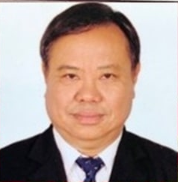
Oudom Phonekhampheng
Dr Oudom Phongkhampheng, Research Manager FishTech Project, National University of Laos In 2007, the National University of Laos in collaboration with Australian research and funding partners, started a research programe to develop fishway design criteria based on Mekong floodplain fish species swimming abilities and behavior. The work initially focused on low-head irrigation and floodgate structures and was based on short-sections of fishway models tested in the field. This led to the construction of a full-scale fishway at Pak Peung in 2010, which was assessed and found to be suitable for use on floodplains in Lao PDR. Further work on downstream passage, passage at high dams and assessment of the benefits of providing fish passage continued through to 2018. Since 2018 to the present, the work of the research team has concentrated on broadening stakeholder involvement, developing fishway design processes and building demonstrations fishways to promote local uptake. The project has been very successful, with orgainsation such as the World Bank, Asian Development Bank, Governments of Aistralia, the Netherlands and Japan funding fishways demonstration sites, along with the expansion of the work into Cambodia, Vietnam, Thailand, Myanmar and Indonesia.
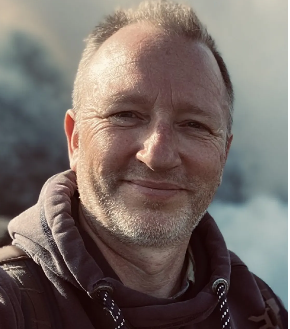
Paul Kemp
Paul Kemp is a Professor of Ecological Engineering at the University of Southampton. His research relates to understanding the complex systems linked to integrated natural resource management, particularly in relation to marine and freshwater fisheries, and how shocks can influence those systems. Specific applications relate to how understanding of the behavioural ecology of fish can help solve challenges in sustainable water and energy engineering, particularly on how the physical environment influences the behaviour and physiological performance of fish, and how manipulation of that environment by engineering means can be used to mitigate for negative impacts of water and energy resource development.
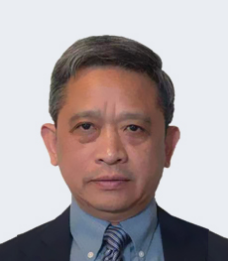
Chang Jianbo
Chang Jianbo, Ph.D., is a professor in fish ecology and conservation biology research, leading the Institute of Hydeoecology of the School of Water Resources and Hydropower Engineering at Wuhan University. He was once a fundamental and 1st – 2nd board member of the World Sturgeon Conservation Society (WSCS) and the International Society for River Science (ISRS). He is recently a board member of the Ecological Society of China (ESC), a board member of the Chinese National Committee on Large Dams (CHINCOLD), and the Chairperson of the Committee of Fish Passage Facilities of CHINCOLD. He had been the chief scientist of both the major program of the National Natural Science Foundation of China and the National Basic Research Program of China, coordinating research on human impact on river ecosystems and endangered species conservation. He is recently the chief scientist of a National Key Research and Development Program of China focusing on restoring fish passages all along the main channel of the Yangtze River.

Hersilia Santos
I am Full Professor in Civil Engineering Department at Centro Federal de Educação Tecnológica de Minas Gerais (Brazil) since 2007. My research focuses on ecohydraulic issues in neotropical freshwater system, acting on fish passages models (numerical and scale models); fish swimming capability (voluntary and non-voluntary tests); river models (2D and 3D numerical models) and fish habitat suitability. In the latest years, I was particularly interested in turbulence effects on fish movement around hydraulic structures.Title: Turbulence effects on fish movement around hydraulic structures. The main content of my report: 1.The role of hydrodynamic in fish swimming 2.Turbulence definition and monitoring 3.Experiments in real hydraulic structures in tropical areas 4.Environmental impacts due to turbulence effects and possible mitigation solution 5.The base for computational tools that preview fish movements